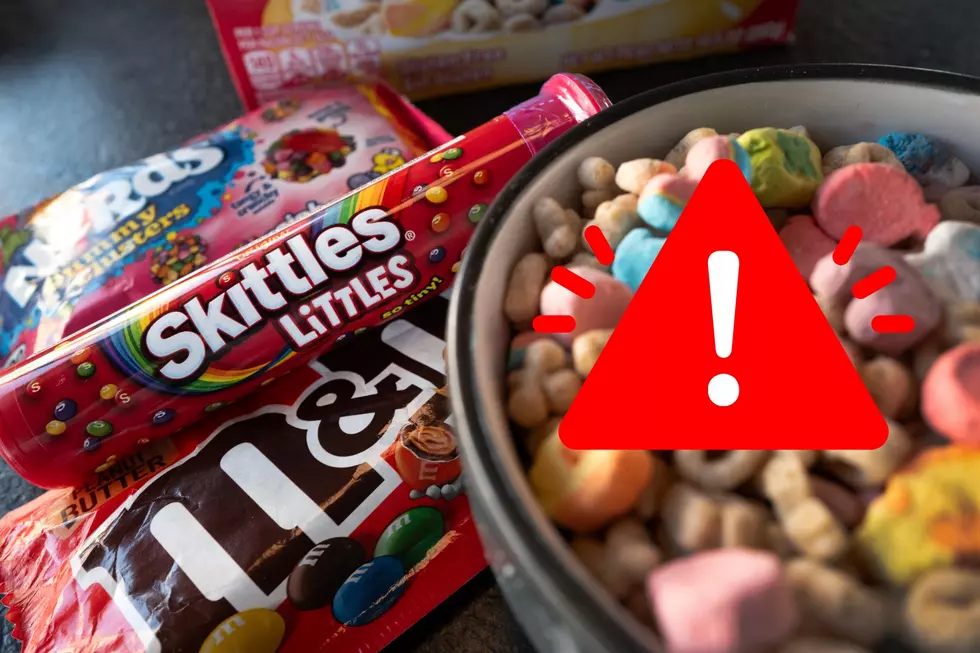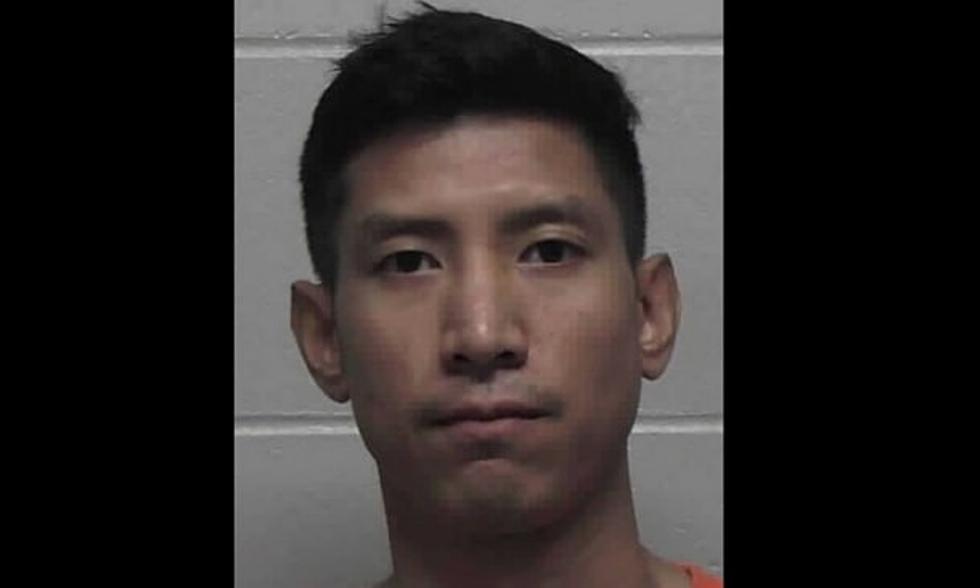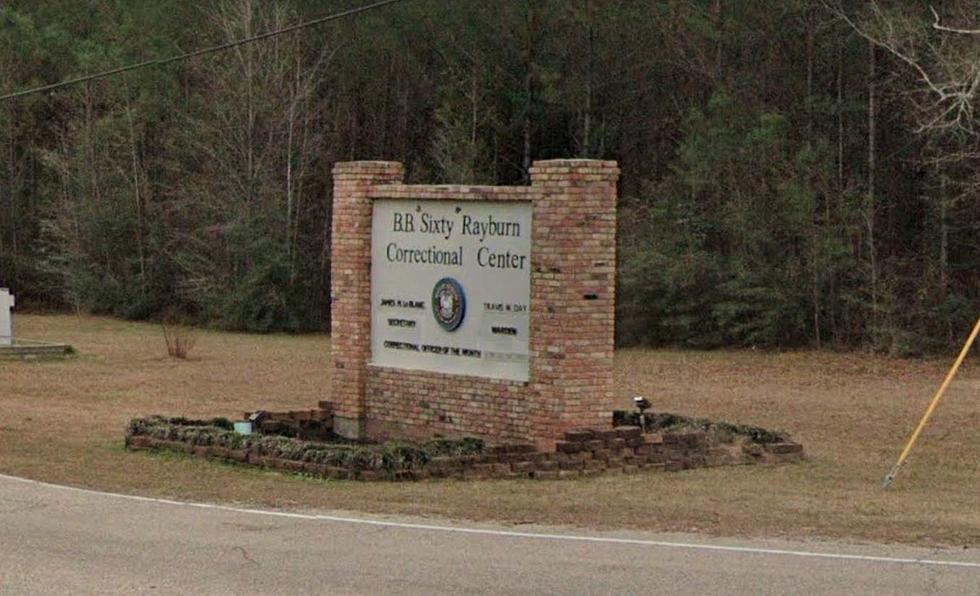
Louisiana Is Still The Prison Capital Of The World
The math here is pretty simple. The United States imprisons more of its citizens than any other country in the world, and Louisiana incarcerates more people than any other state in America. Therefore, Louisiana is the prison capital of the world.
Pretty neat, huh?
Not really. A lot of Louisiana’s prisons are private, for-profit institutions run so poorly that many of their inmates convicted of minor crimes would actually prefer to be transferred to the maximum security prison at Angola, which is more adequately staffed, and where there are programs to learn trade skills for re-entry into society.
One in 86 adults in Louisiana is in prison, with 53% of inmates housed in local prisons, that tend to have insufficient staff and facilities that often make them more dangerous than state-run big houses. Louisiana locks up 5 times as many people as Iran, and 13 times more people than communist China. That's pretty grim, kids.
Things are even worse for minorities, which face much higher incarceration rates. According to a New Orleans Times-Picayune investigation, one in 14 is serving a prison sentence, with one in seven currently behind bars, on probation, or out on parole.
How did this happen? For starters, Louisiana has some of the harshest prison sentences of any state in the country. We have more inmates serving life without parole, as well as the highest number of non-violent offenders convicted to long sentences for relatively minor crimes. For example, three convictions on drug-related charges can get you a life sentence here in The Pelican State, which is bad news for the 420 crowd.
People a lot smarter than me have tried to puzzle out all this out, and there’s hardly a consensus even among the tweed-jackets-with-elbow-patches crowd, so I’m probably not going to be dropping any super insightful truth on you today. Still, it’s worth thinking about.
Is it because there are huge profits to be made in private prisons? Maybe. There was that one scandal involving a Pennsylvania judge who was sentenced to 28 years in a terrible “kids for cash” scheme that saw him doling out harsh prison sentences to over 3,000 minors in exchange for around $2.2 million in “finder’s fee” kickbacks for feeding a steady stream of fresh inmates into a new for-profit facility. Where there’s money to be made, you’re bound to find more than a few corrupt officials making it.
Or maybe it’s because we just have a lot more criminals here in Louisiana? Could be. I mean, we do have the highest murder rate in the country, and that ain’t nothing. However, we somehow have a much lower percentage of people incarcerated for violent offenses (including murder) when compared to the national average, and a much higher percentage of people locked up for minor crimes, including non-violent drug offenders.
So we have more murderers in Louisiana than anywhere else in the country, but we tend to lock up more non-violent offenders than cold-blooded killers. How’s that work?
Here are some more statistics, from 2011:
- Louisiana’s crime rate was 5% lower than the national average
- Property crime was 2% lower than the national average
- Louisiana’s violent crime rate was 27% lower than other states
- The incarceration rate in Louisiana was 115% higher than the national average
So how do lower crime rates lead to high incarceration rates?
Well, one reason could be because violent criminals get sent to state prisons, while non-violent inmates can be locked up in local private prisons. For profit.
The important question to ask is who benefits from all the prisoners? The easy answer is the private companies that run the for-profit prisons, but the more nuanced answer is the entire Louisiana judicial system. Many for-profit prisons are actually run by local sheriffs, who can cash in on the profits to buy better equipment, new cars for their vehicle fleets, or even to fund salary increases.
These prisons turn a profit by offering little to no services to inmates to aid in their rehabilitation, which leads to a revolving door effect of prisoners being released and then put back into the system after they find they have very little opportunities waiting for them on the outside. The private prisons also tend to be understaffed by unqualified personnel, and lack even basic medical or psychological care, or rehab programs to help all the drug offenders get clean. Again, this leads to a revolving door of inmates going out and then coming right back in.
Which is good for the prison industry, if bad for everyone else. If one in every 86 adults is currently serving a prison sentence in Louisiana, then chances are, everyone who lives here knows at least one person who has been, or currently is incarcerated.
That’s pretty scary.
As profits climb, there really is no incentive for the system to stop feeding it. After all, why educate people or help prisoners reform and rehabilitate, when just letting them come back into the system lines the pockets of so many people?
Don’t get me wrong here, though. Criminals needs to be prosecuted, convicted, and put in prison to serve their sentences. But are we really locking up the right people, and are the people we are locking up being provided with opportunities to not be criminals when they’re released?
The data tends to point to no. On both counts.
We incarcerate far too many non-violent offenders under harsh sentences for relatively benign crimes, and private prisons don’t often offer services or programs to help rehabilitate their inmates. And, as shareholders demand constant growth for the corporations running the prisons, the prisons need to keep growing.
Which means we’ll need more and more inmates to feed them.
Which means we’ll see harsher sentences handed down for more minor crimes.
Which means more offenses will be made criminal, requiring prison time.
Which means that 1 in 86 statistic is only going to get worse. The prison population more than doubled in the two decades since for-profit prisons became a thing in Louisiana. Will it double again in another two decades, or will the need for exponential growth increase this number exponentially?
Will that 1 in 86 statistic turn into 1 out every 43 adults in Louisiana being in prison? How about 1 in 22, or something closer to the minority incarceration rate, with 1 in every 14 adults in Louisiana serving sentences?
I don’t know about you, but I try not to break the law. But when you run out of people committing crimes currently on the books, what’s stopping the state legislature from criminalizing new things? It’s not hard to imagine a speeding ticket leading to six months in prison, or a jaywalking fine turning into a lengthy stay behind bars.
We can do better, Louisiana.
More From Hot 107.9




![House for Sale Comes With Prison Cells Built Into It [PHOTOS]](http://townsquare.media/site/34/files/2022/07/attachment-Screen-Shot-2022-07-10-at-12.05.53-PM.jpg?w=980&q=75)




